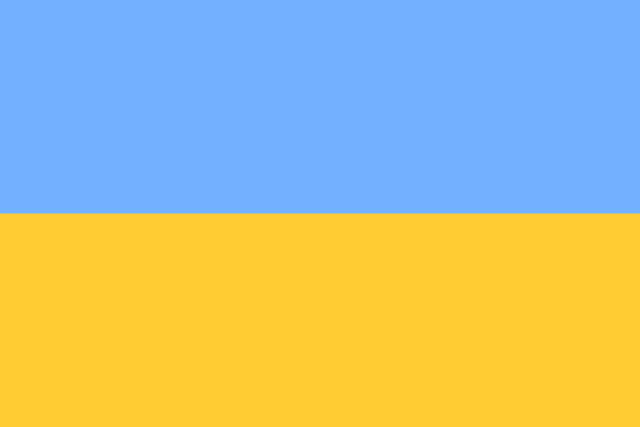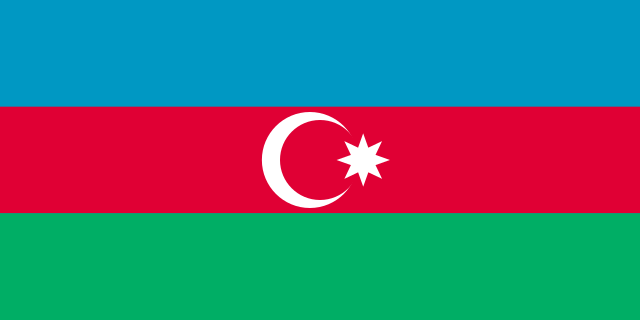Top Qs
Timeline
Chat
Perspective
List of World War I puppet states
From Wikipedia, the free encyclopedia
Remove ads
During World War I a number of countries were conquered and controlled. Some of these countries were subsequently given new names and new government leaders loyal to the conquering country. These countries are known as puppet states. Germany and the Ottoman Empire were the two countries with puppet states. The Allies had many more puppet states than all the Central Powers collectively: the United Kingdom had the largest empire in the world.
This article needs additional citations for verification. (February 2022) |
In addition, several countries captured land in the years leading up to the war, which then became puppet states; those states which are immediately relevant to the war are also included here.
Remove ads
Central Powers
Summarize
Perspective
German Empire
The German Empire had a number of puppet states during World War I. All the states were previously under Russian control and had long been of interest to the regime.
Puppet states created before World War I
Puppet states created during World War I
Ottoman Empire
Puppet states created before World War I
Puppet states created during World War I
Puppet states created after the conclusion of World War I, but as a direct result of fighting
Remove ads
Allies
Others
These countries were not under the control of the warring parties, but were created during the war. Specific countries were created for individual needs.
Puppet states created during World War I
References
Wikiwand - on
Seamless Wikipedia browsing. On steroids.
Remove ads











